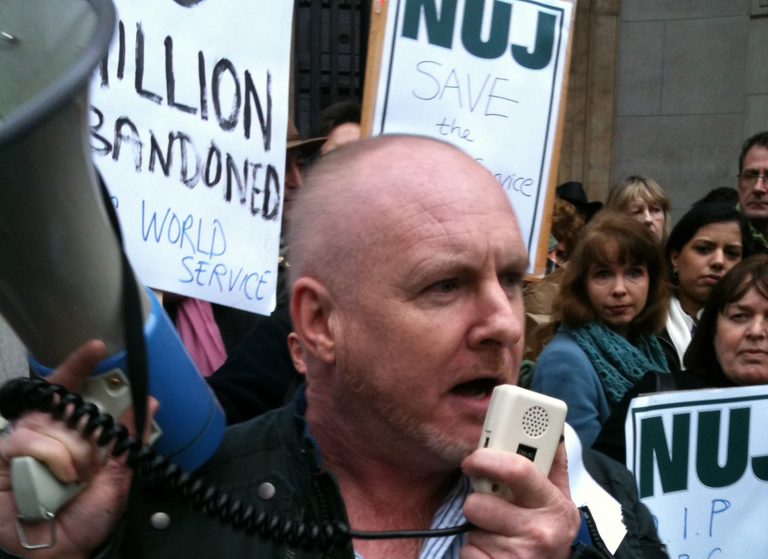The BBC apologised today for not putting phone-hacking related allegations against the News of the World, reported by the BBC this morning, to the tabloid.
The broadcaster claimed yesterday to have obtained legal documents which suggest hacking by News of the World journalists may have been going on as recently as last year.
The News of the World earlier today accused the BBC of running a “misleading report”.
We have carried out an extensive investigation led by a team of independent forensic specialists and we have found no evidence whatsoever to support this allegation.
The civil litigation is ongoing, as is the internal investigation and until both are concluded it would be inappropriate to comment further. However we are disappointed the BBC chose to lead with this misleading report without giving the News of the World an opportunity to respond.
In a statement, the BBC said it stands by the story but “acknowledge that we should have put the allegations directly to the News of The World and have apologised to them for not doing so”.
We have carried their subsequent press statement on all outlets covering the story.

